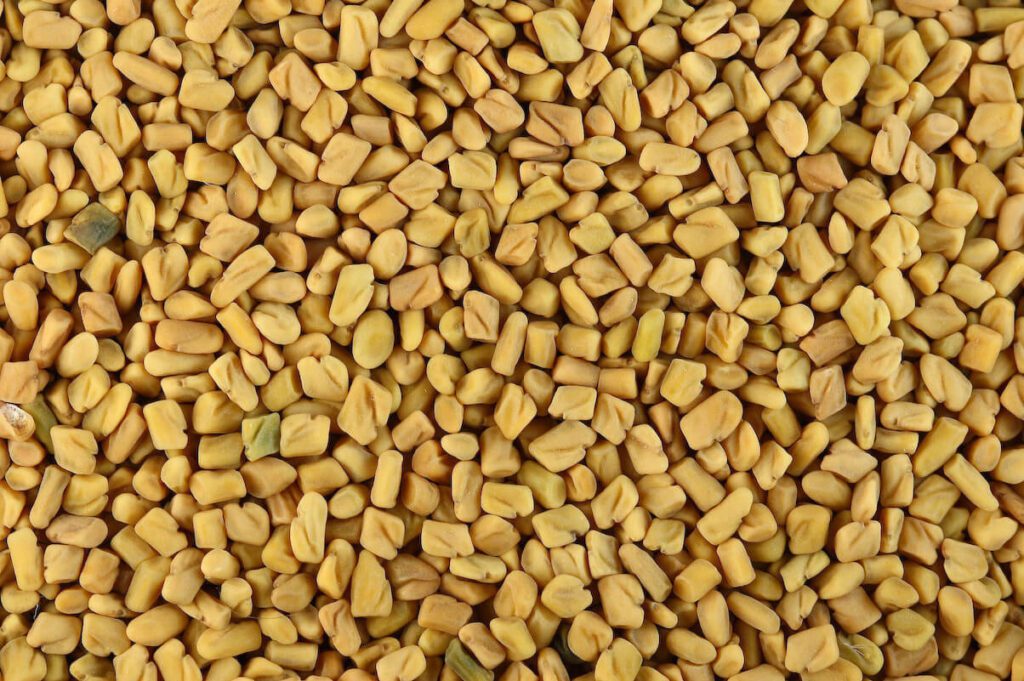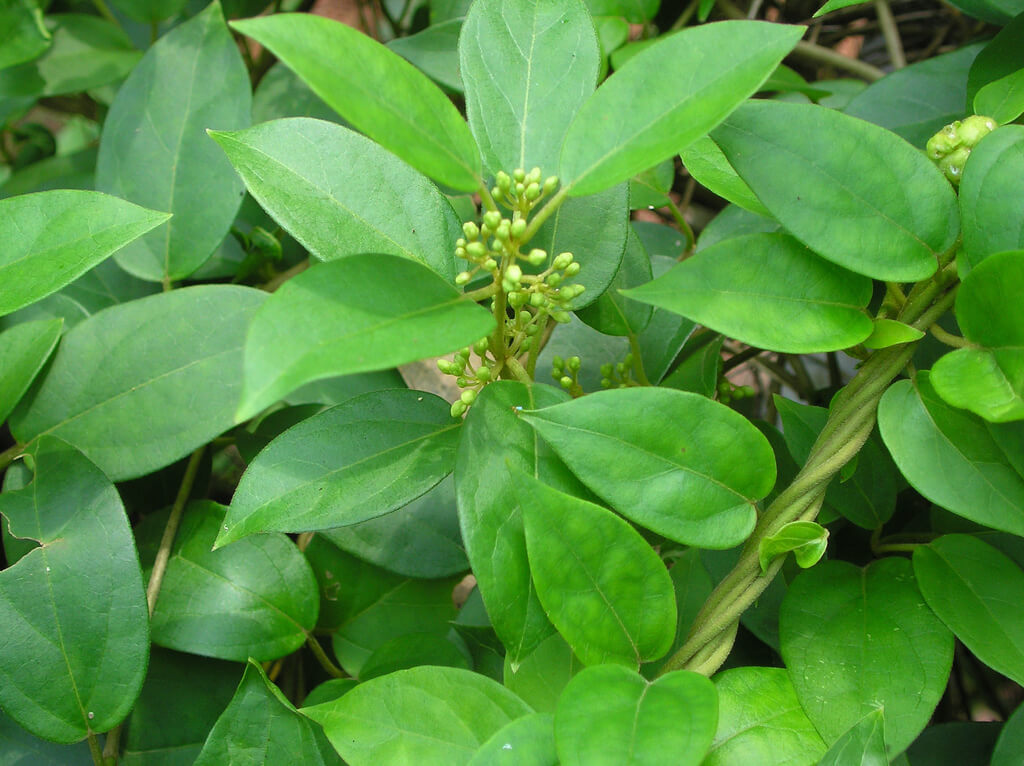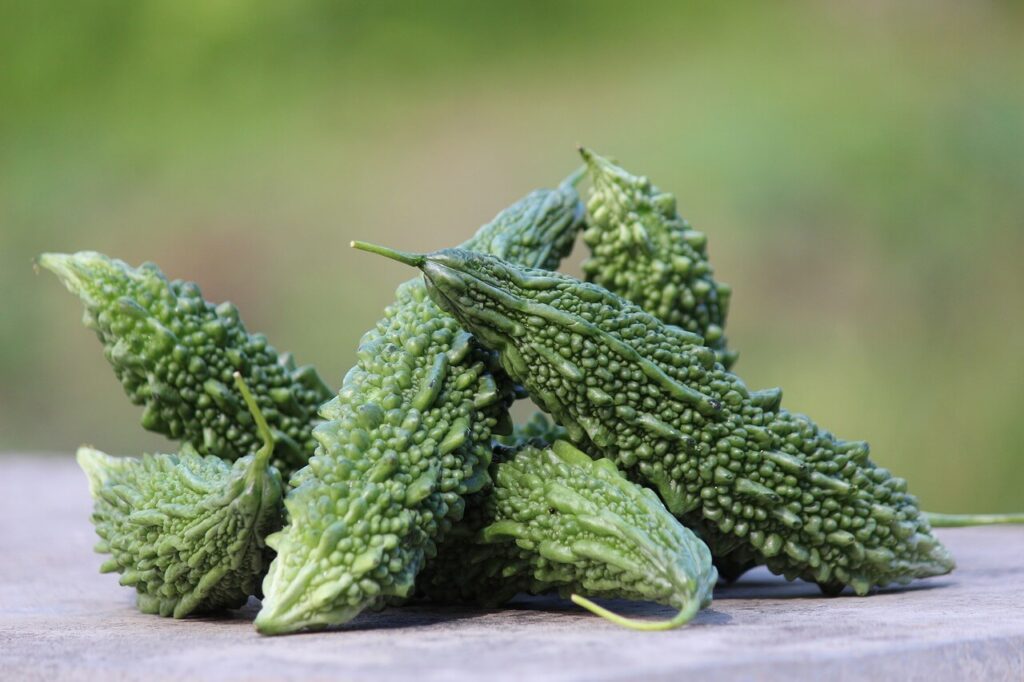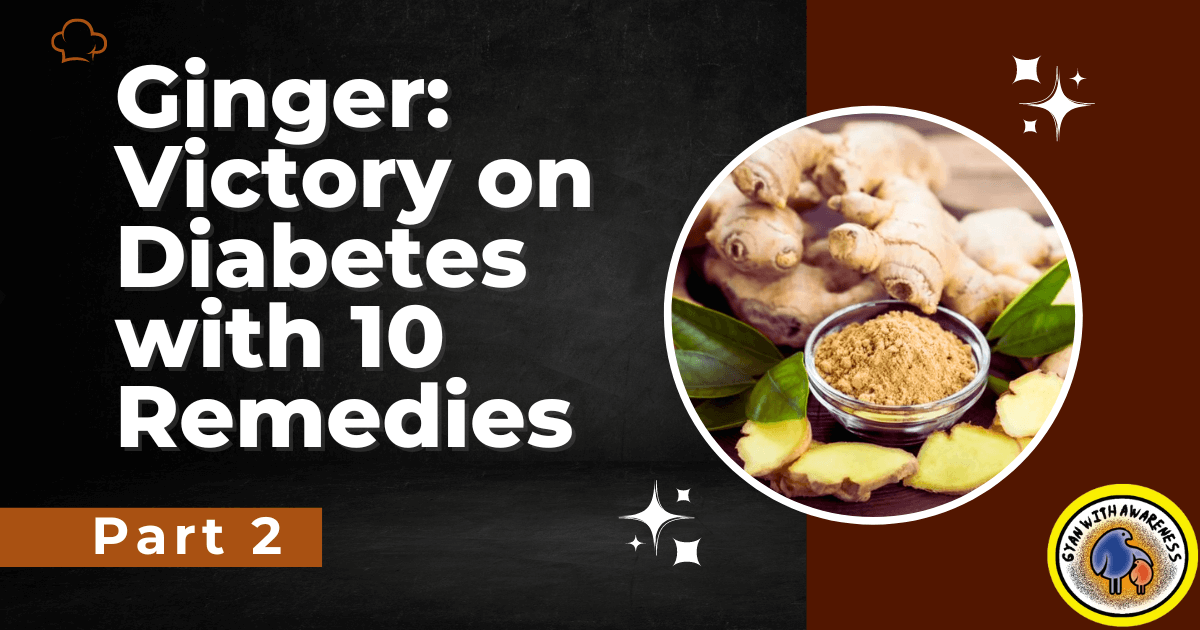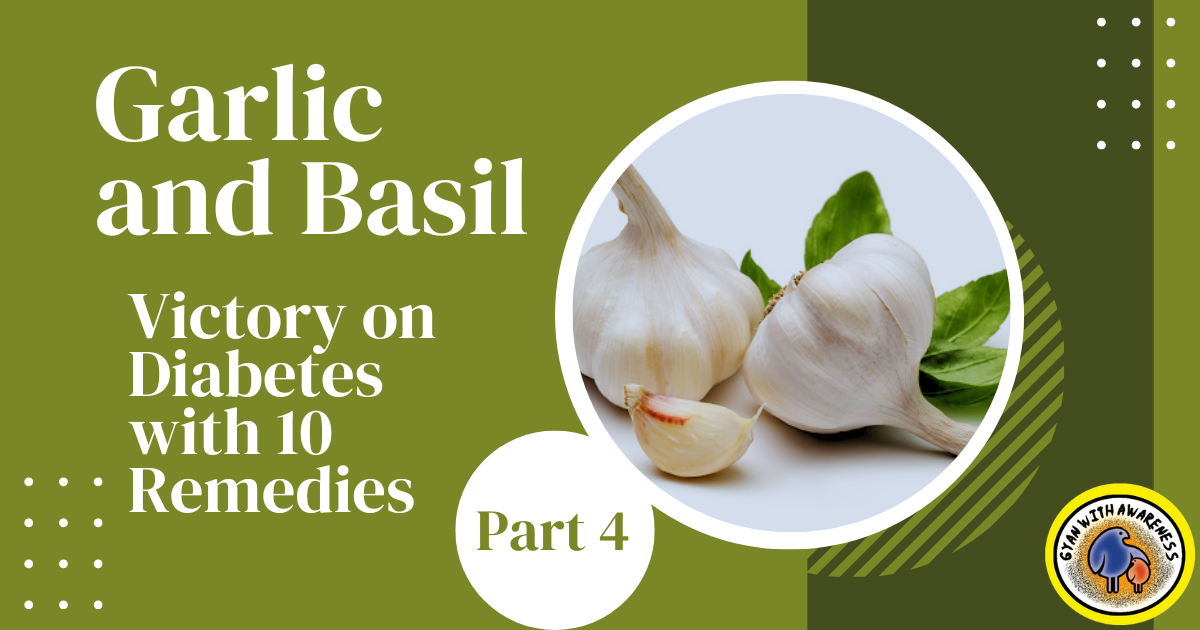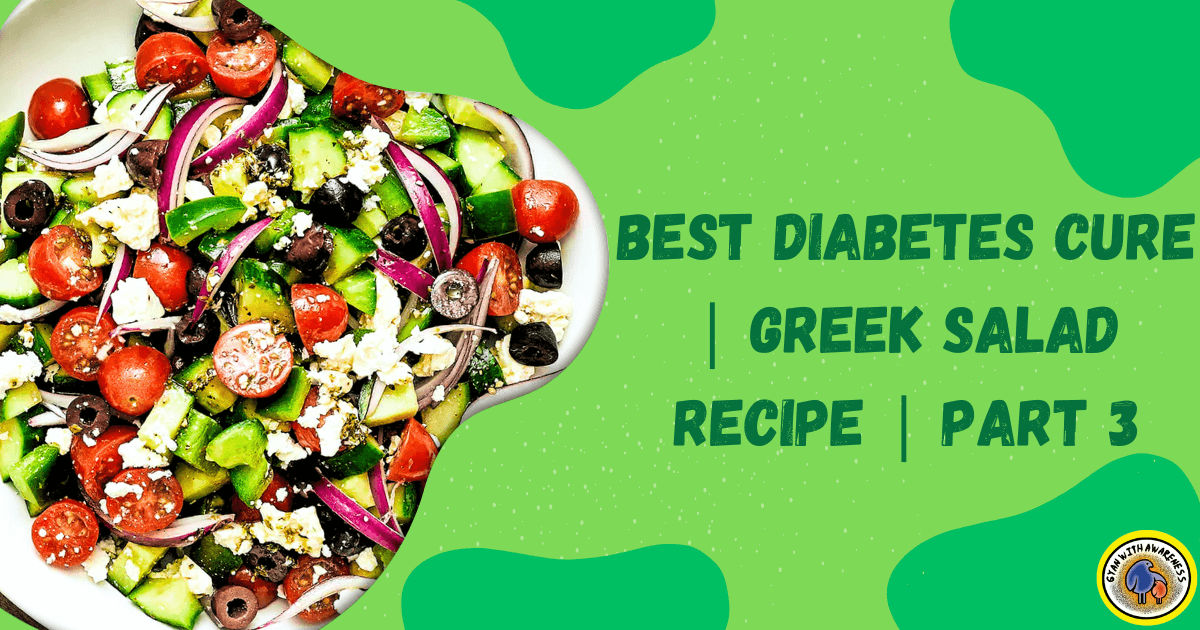Unlocking the Power of
Herbs a Natural Approach to Managing Diabetes delves into the fascinating realm of herbal remedies as complementary solutions for
Herbs meaning in Hindi “when any plant is used for cooking or medicinal use is called
Herbs. As a chronic condition characterized by elevated blood sugar levels,
diabetes necessitates careful maintenance to avert complications and uphold overall well-being. While medications, diet, and exercise are pivotal components of diabetes management, the employment of
herbs and natural remedies has garnered considerable attention for their potential benefits in fostering blood sugar control and holistic health.

For centuries, herbs have been integral to traditional medicinal practices worldwide, with a rich history of addressing diverse health concerns, including diabetes. These botanical wonders are believed to possess medicinal properties that can aid in regulating blood sugar levels, enhancing insulin sensitivity, mitigating inflammation, and safeguarding against diabetes-related complications.
Throughout this series, we will delve into a variety of herbs and natural remedies that have exhibited promising results in managing diabetes. Our exploration will encompass an in-depth examination of their potential mechanisms of action, scientific evidence substantiating their usage, and recommended dosages or preparation techniques. It is essential to recognize that while herbs offer potential benefits, they should never replace professional medical advice or prescribed medications. Always consult with a healthcare expert before integrating any new herbs or remedies into your diabetes management regimen.
Diabetes and Herbs:
Enhancing Conventional Management with Natural Remedies aims to provide valuable insights and comprehensive information on the utilization of herbal remedies as a complementary approach to conventional diabetes management strategies. Here we have given some
herbs examples that that that can cure us. By gaining a deeper understanding of the potential benefits and associated risks of these herbs, individuals with diabetes can make informed decisions regarding their inclusion in their overall care plan. So some
examples of herbs are given in the article. It is crucial to emphasize the importance of collaborating with healthcare professionals to ensure the safe and effective management of diabetes.
Benefits of Herbs or Herbal Remedies
Regulating Blood Sugar:
Several herbs, such as cinnamon, fenugreek, and Gymnema Sylvestre, have undergone scientific scrutiny due to their potential to regulate blood sugar levels and enhance insulin sensitivity.
Powerful Antioxidants:
Many herbs, including turmeric, ginger, and garlic, possess potent antioxidant properties that can help combat oxidative stress and inflammation, which are often associated with diabetes.
Anti-Inflammatory Properties:
Turmeric and ginger are among the herbs known for their natural anti-inflammatory effects, potentially aiding in reducing inflammation, a common concern in diabetes.
Enhancing Insulin Function:
Traditional usage of herbs such as bitter melon and ginseng suggests their potential in improving insulin production or effectiveness, contributing to better glucose control.
Weight Management Support:
Certain herbs like green tea and cayenne pepper may offer assistance in weight management by boosting metabolism, suppressing appetite, and promoting fat burning, which can be beneficial for individuals with diabetes.
While these herbs exhibit promising potential in managing diabetes, it is imperative to seek guidance from healthcare professionals or herbalists regarding appropriate dosages, potential interactions with medications, and their suitability based on individual needs.

Here are some herbs that are known for their potential benefits for individuals with diabetes:
Herbs Cinnamon:

Cinnamon is a widely used spice that has been associated with potential benefits for diabetes management. It has been found to enhance insulin sensitivity and aid in regulating blood sugar levels.
Cinnamon contains specific compounds that mimic the actions of insulin and can potentially increase the uptake of glucose by cells, leading to lower blood sugar levels. Additionally, it is believed to possess antioxidant and anti-inflammatory properties, which could be advantageous for individuals with diabetes.
Incorporating cinnamon into your meals or beverages not only adds a delightful flavor but may also contribute to better glycemic control. However, it is crucial to exercise moderation when using cinnamon, as excessive consumption can have adverse effects such as liver toxicity or interactions with certain medications.
Herbs Aloe Vera:
Aloe vera, a succulent plant with a rich history in traditional medicine, has shown potential in managing diabetes. One possible advantage of aloe vera is its ability to reduce fasting blood sugar levels. This is achieved through improved insulin sensitivity and increased glucose uptake in cells. Moreover, aloe vera gel and juice are believed to possess antioxidant and anti-inflammatory properties, which may be beneficial in preventing diabetes-related complications. Nevertheless, further research is necessary to fully comprehend the exact mechanisms by which aloe vera operates in addressing insulin resistance. Additionally, the optimal dosage for its therapeutic use is still being investigated.
Herbs Curry Leaves:

Curry leaves are commonly used in Indian cuisine and have been recognized for their potential blood sugar-lowering properties.
They may help regulate blood glucose levels by increasing insulin secretion and improving insulin action in the body.
Curry leaves are rich in antioxidants and have demonstrated anti-inflammatory and lipid-lowering effects, which can be beneficial for individuals with diabetes.
Incorporating curry leaves into your cooking or consuming them in the form of tea may be a natural way to support glycemic control.
However, it’s important to note that curry leaves should be used as part of an overall healthy diet and lifestyle, and their effects may vary among individuals.
Herbs Fenugreek:

Fenugreek seeds have long been used in traditional medicine to manage blood sugar levels in individuals with diabetes.
They contain soluble fibers that can slow down carbohydrate digestion and absorption, leading to better blood sugar control.
Fenugreek seeds may also enhance insulin sensitivity and improve insulin secretion, contributing to improved glucose metabolism.
Incorporating fenugreek seeds or powder into your meals, or taking them as a supplement, may help regulate blood sugar levels.
It’s important to note that fenugreek may interact with certain medications and may cause gastrointestinal discomfort in some individuals.
Herbs Gymnema Sylvestre:

Gymnema Sylvestre, commonly referred to as the “sugar destroyer,” is an Ayurvedic herb renowned for its anti-diabetic properties. One of its key advantages lies in its ability to lower blood glucose levels by impeding sugar absorption in the intestines and promoting insulin production. Furthermore, Gymnema Sylvestre has demonstrated the potential to curb appetites and reduce sensitivity to sweetness, making it beneficial for individuals with diabetes. Moreover, this herb is known to possess antioxidant and anti-inflammatory properties, which can play a role in preventing complications related to obesity.
While Gymnema Sylvestre supplements and tea preparations are available, it is essential to seek guidance from healthcare professionals to determine the appropriate dosage and ensure safe and effective usage.
Bitter Melon:

It also known as Momordica charantia, is a sour vegetable that has traditionally been used to help control glucose levels in the blood.
This vegetable contains anti-diabetic compounds such as charantin, which may improve tolerance to sugar and insulin sensitivity.
Furthermore, it may help with diabetes management by increasing cell intake of glucose and decreasing liver glucose production.
it whether as a vegetable, juice, or supplement, may help you maintain healthy blood sugar levels.
It is important to note, however, that bitter melon may interact with certain medications and cause gastrointestinal side effects.
Incorporating certain herbs into the diet may provide potential benefits for individuals with diabetes, such as improved blood sugar control and reduced risk of complications. However, it’s important to consult with a healthcare professional before using herbs as part of diabetes management to ensure safety and effectiveness.
FAQ
What are herbs?
Herbs are plants that are valued for their culinary, medicinal, and aromatic properties. They are often used to enhance the flavor of food and have been employed for centuries in traditional medicine for various health benefits.
Name the top 5 herbs which can increase eyesight.
The top five herbs thought to potentially improve vision are:
Bilberry: This antioxidant-rich fruit may help with night vision and overall eye health.
Ginkgo Biloba: May improve visual function by increasing blood flow to the eyes.
Saffron: This spice contains compounds that may protect against age-related eye problems.
Eyebright: This herb has traditionally been used to treat eye strain and inflammation.
Goji Berry: This fruit contains antioxidants that may benefit eye health and lower the risk of eye diseases.
Which plants are known as medicinal plants? and how they affect our bodies.
Medicinal plants are plants that have traditionally been used for their therapeutic properties in various cultures. They can have various effects on our bodies depending on their specific compounds and mechanisms of action. These plants may contain active ingredients with anti-inflammatory, antioxidant, antimicrobial, analgesic, or other therapeutic properties. They can help treat or alleviate a variety of health conditions and promote overall well-being when consumed or applied. However, medicinal plants must be used with caution because some may interact with medications or cause adverse effects if not used correctly. Before using medicinal plants for specific health concerns, it is best to consult with a healthcare professional.
Is saffron known as an herb?
It is a herb made from dried stigmas of the Crocus sativus flower. Its distinct flavor and color make it useful in a variety of culinary applications. It’s also known for its potential health benefits, such as antioxidant properties and the ability to enhance mood.
Which plants are used as medicine?
Plants with medicinal properties are widely used in diverse cultures. Aloe vera addresses skin problems and digestive issues. Echinacea is believed to enhance the immune system and relieve cold symptoms. Ginger is used for nausea, digestion, and inflammation. Peppermint is known to soothe digestive discomfort and headaches. Turmeric’s anti-inflammatory and antioxidant attributes have been valued for centuries in treating various health conditions.
How much quantity of Cinnamon is taken in a day?
Cinnamon consumption recommendations vary depending on age, health status, and individual tolerance. A typical adult dosage of ground cinnamon ranges from 0.5 to 2 teaspoons (about 2.5 to 10 grams) per day. However, excessive consumption should be avoided because high doses can have negative side effects or interact with medications. For personalized recommendations, it is best to consult a healthcare professional.





